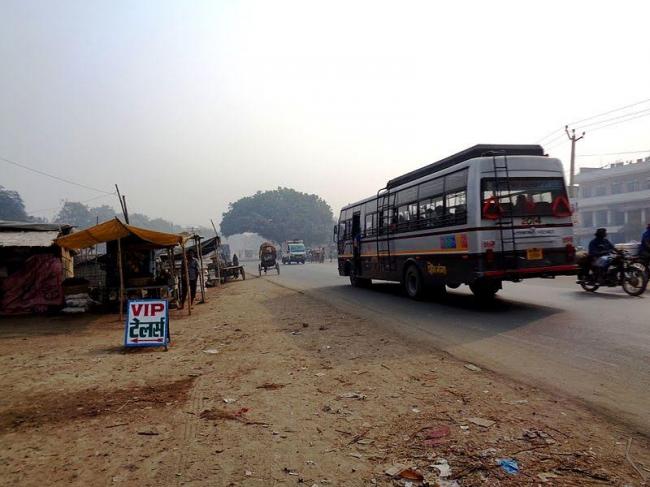
CSE says Bihar town gets encouraging results on solid waste management
Though the city secured the 304th spot amongst 434 cities across India, it important to consider the fact that it has been barely six months since the city started its decentralised municipal waste management process in December 2016, said New Delhi-based Centre for Science and Environment (CSE).
In December 2016, Muzaffarpur Nagar Nigam and Centre for Science and Environment signed an agreement to implement Swachhtha-Swasthya-Samridhi programme to improve the cleanliness of the city.
Among the 27 cities of Bihar that were assessed for the Survekshan by the urban development ministry, Muzaffarpur secured the 9th spot.
“This is the first time that the city was assessed and the results are encouraging. This shall definitely encourage the Nagar Nigam and the Citizens of Muzaffarpur to work towards further improving the status of solid waste management and sanitation,” said Chandra Bhushan, Deputy Director General, Centre for Science and Environment (CSE).
It was highlighted in the Survekshan that more than 75 percent of the residential and commercial areas of the city were substantially clean.
There were sufficient numbers of vehicles for collection of garbage,with over 75 percent of the vehicles having GPS systems in place. The citizen’s feedback is a very valuable part of the recent Survekshan.
In Muzaffarpur, 1931 citizen responses were recorded of which 72 percent said the city was cleaner than last year. Also, over 67 percent residents were satisfied with the door to door collection and 55 percent said that they found improvement in the litterbins in market areas.
“We want Muzaffarpur to be quoted as an example of effective waste management and sanitation in Bihar – a model that can be replicated in not only other cities and towns of Bihar but the whole of North India,”saidChandra Bhushan.
Under the Swachhtha Swasthya Samridhi programme, the 49 wards of the city shall be transformed into clean wards by September 2017 through the joint efforts of CSEand Muzaffarpur Nagar Nigam.
To date, five wards of the city have started segregation at source and have adopted decentralised waste management. Waste collectors in these wards are gettingincentives to collect segregated waste. In addition, households are being encouraged to do compostingof wet waste at source. Over a period of six months, waste collectors in every ward will be trained and volunteers will propagate the message of segregation at source across the city.
“Our goal is to make Muzaffarpur one of the cleanest city in India. With full participation of the citizens of Muzaffarpur, we are confident that we will achieve this goal,”said Chandra Bhushan.
Image: Creative Commons/Wikipedia
Support Our Journalism
We cannot do without you.. your contribution supports unbiased journalism
IBNS is not driven by any ism- not wokeism, not racism, not skewed secularism, not hyper right-wing or left liberal ideals, nor by any hardline religious beliefs or hyper nationalism. We want to serve you good old objective news, as they are. We do not judge or preach. We let people decide for themselves. We only try to present factual and well-sourced news.







